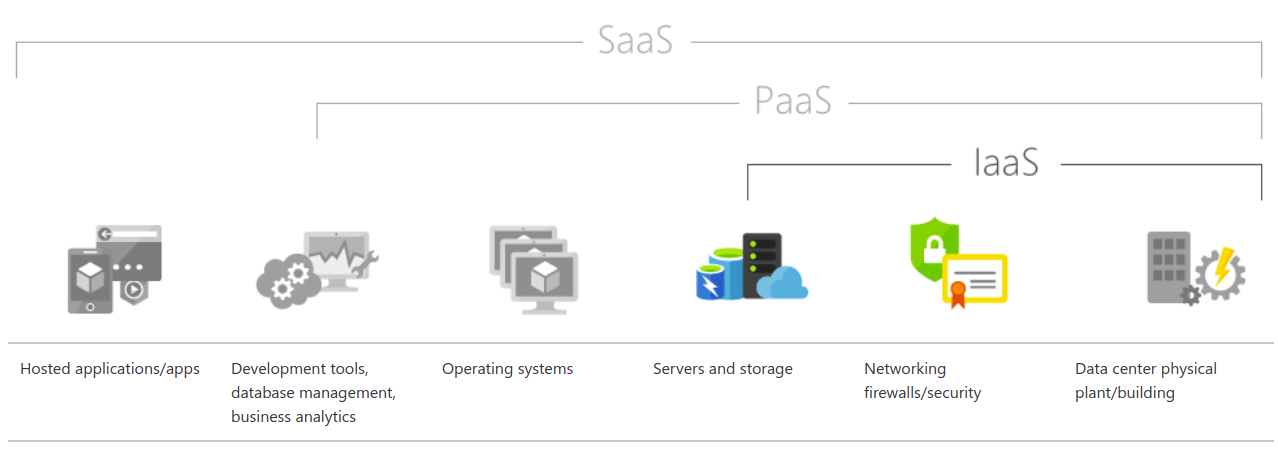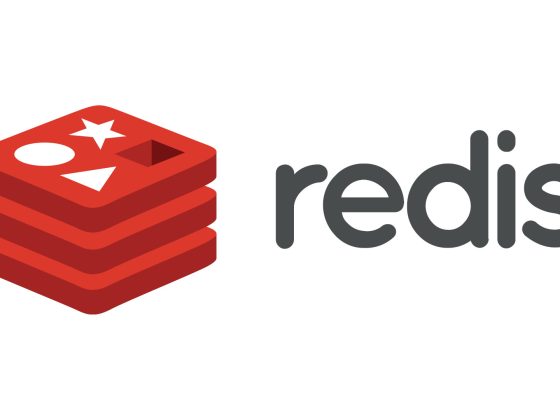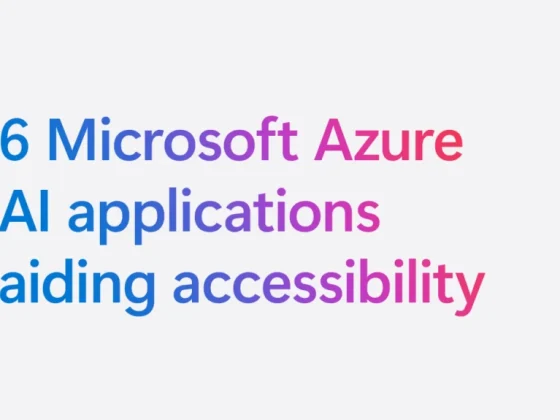Imagine if you have the computing power of Google. How about it’s massive storage? There’s a lot of things that you can do with those things.
Cloud computing lets you do exactly that. Through the internet (the “cloud” of networks), you are given access to the computing capabilities other entities possess.
From our partners:
Types of Cloud Services
Cloud services can be classified into three categories.
01: Software as a service (SaaS)
Web-based applications are prime examples of SaaS. SaaS provides a complete application which you can use for free or pay depending on your usage. If you have used email sites, collaboration apps, and web-based office tools such as Microsoft Office 365, then you have encountered this type of service. Learn more about IMAP Migration to Office 365 and SharePoint Migration to Azure.
You can enjoy these services without installing any special software — you just need an internet connection.
02: Platform as a service (PaaS)
Going deeper, we have PaaS. This service is for the developers. PaaS provides the necessary cloud-based tools to develop applications and perform analytics.
The service provider takes care of the underlying infrastructure powering these tools. PaaS takes away the worry of infrastructure costs that smaller businesses cannot afford outright. The additional cost and manpower for the maintenance of these infrastructures are also shouldered by PaaS.
With this, enterprises have access to advanced development and analytic tools on a pay-as-you-go basis.
03: Infrastructure as a service (IaaS)
Further down the road we have IaaS. IaaS gives developers remote access to physical servers and data center infrastructure. With this, they can test and refine applications without needing to buy their own servers or to build their own data centers.
IaaS is also useful in the realm of high-performance computing. Data analysts gain access to supercomputers and computer grids. This enables them to perform intensive calculations. These computers are extremely expensive — having access to these in a pay-as-you-go scheme will surely appeal to a lot of businesses.
These three cloud computing services and the scope of their respective provisions are summarized below:

Cloud computing empowers consumers, developers, and business entities. It gives access to powerful computational tools without the need to purchase the necessary infrastructure which would definitely cost a fortune.
This technology does more than cost-cutting. If you want to know more about the benefits and challenges surrounding cloud computing, click here.
For enquiries, product placements, sponsorships, and collaborations, connect with us at [email protected]. We'd love to hear from you!
Our humans need coffee too! Your support is highly appreciated, thank you!








